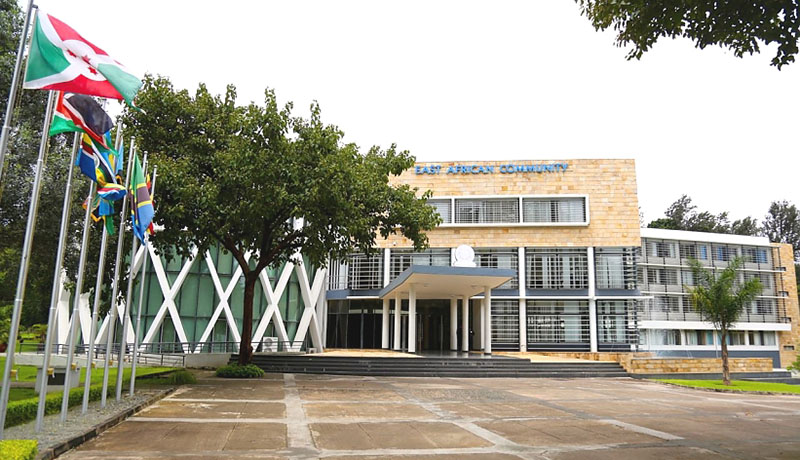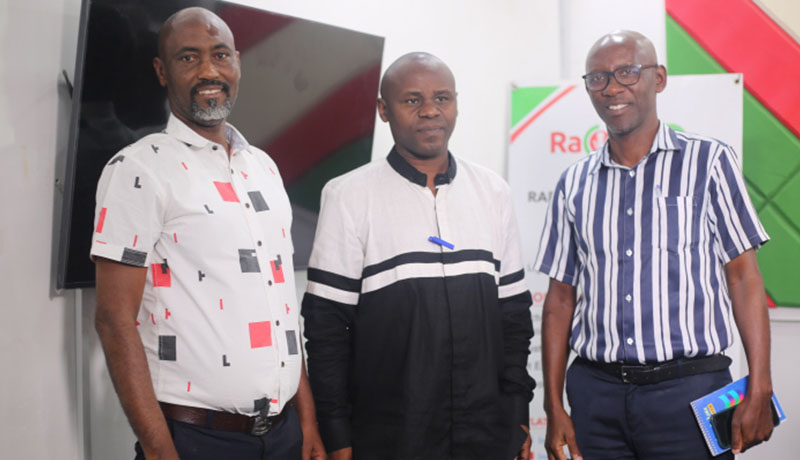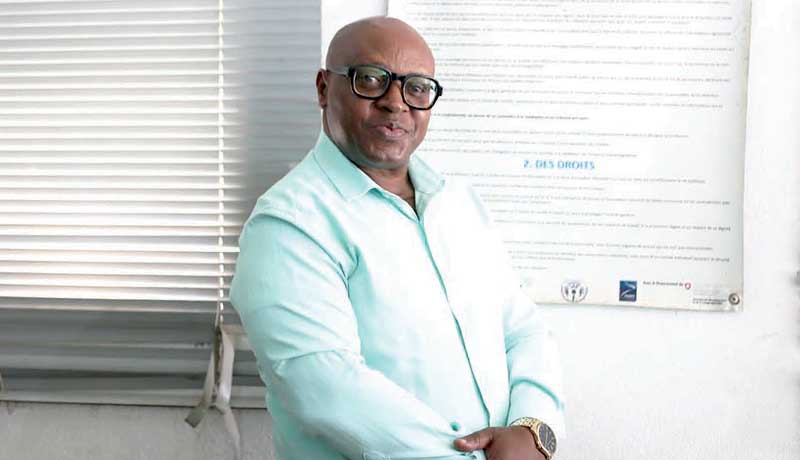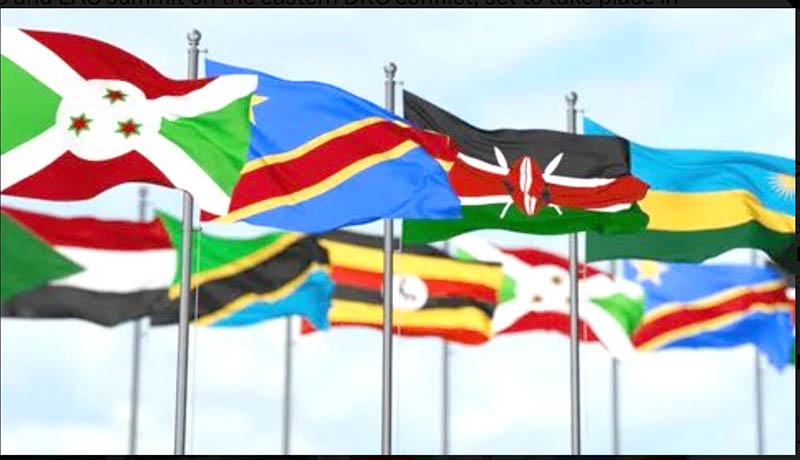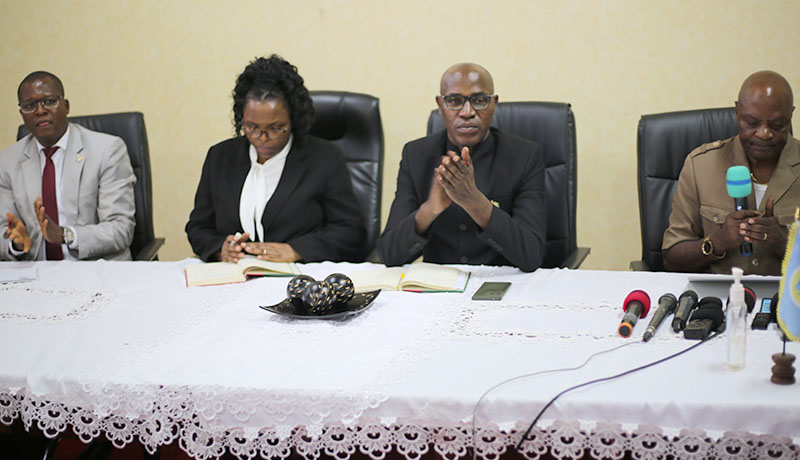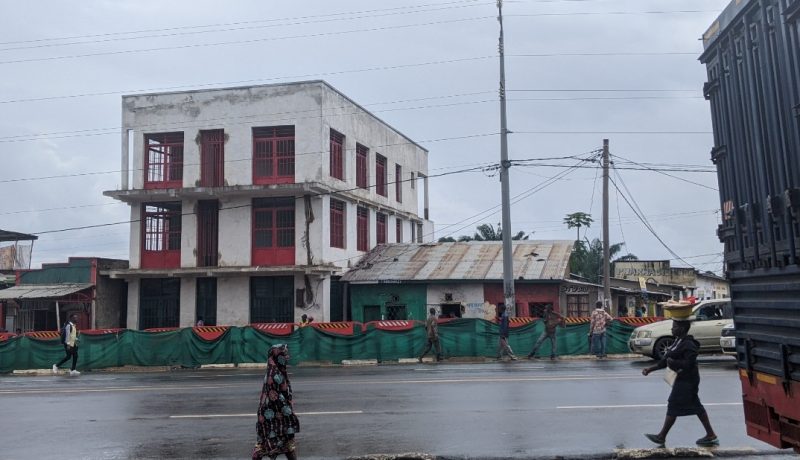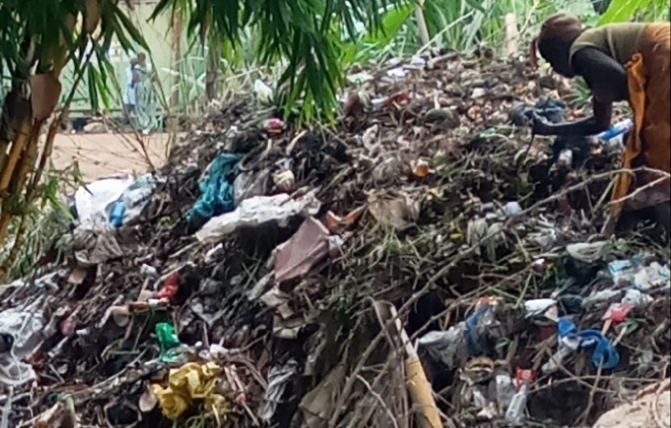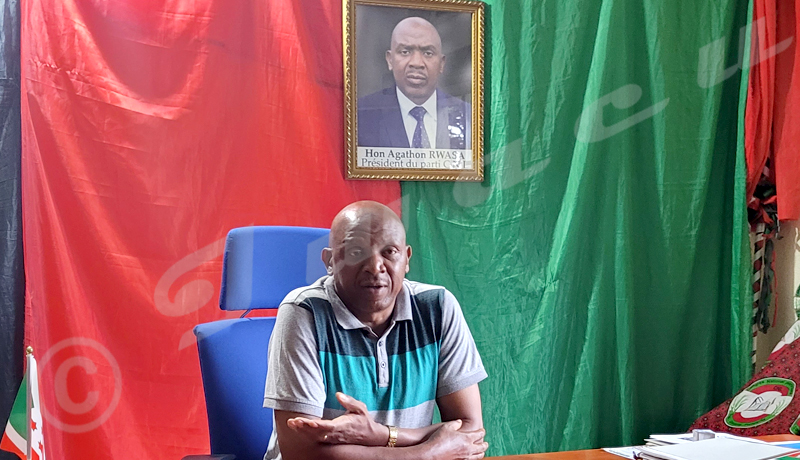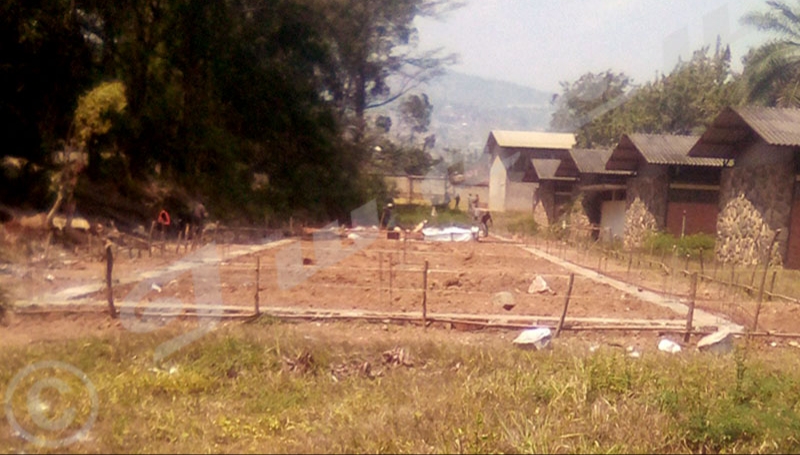Bribery continues to stalk East Africa’s public services, with Uganda rated as the most bribery-prone country in the region. Burundi was ranked fourth most corrupt out of five countries; it had been the most corrupt last year.
According to the 2012 East African Bribery Index launched in Kampala on Thursday, with the slight exception of Burundi, the police force is the most bribery- prone institution across East Africa.
Closely following the police is the judiciary, which ranked as the most corrupt in Burundi, followed by civil registration, education, medical services and water utilities.
The survey, carried out by Transparency International, ranked Rwanda as the least bribery-prone country in the region.
“Burundi, in last place in 2011, has recorded this year a much lower corruption index, of about 18.8 per cent, making it accordingly the second least corrupt country in the East African Community,” declared Noel Nkurunziza, president of the Burundian Association of Consumers (ABUCO).
Nkurunziza indicated that according to the report, Uganda is the most corrupt with a percentage of 40.7.
“Kenya’s index is 29.5 per cent and Tanzania 39.1 per cent. Rwanda remains the least corrupt country in the region with an overall index of 2.5 per cent,” he said.
For Nkurunziza, the classification of Burundi among the EAC’s least corrupt countries does not mean that corruption has been wiped out in the country. “Some of the most corrupt services in the government were less so this year,” he said. “The police had 77.8 per cent this year and presently have 63.3 per cent. The OBR (Burundi Revenue Authority) had 69.4 per cent and now has 35.7 per cent. On the other hand, the judiciary in Burundi increased its score, from 49.6 per cent in 2011 to 63.3 per cent in 2012,” he said.
Uganda has dislodged Burundi as the most bribery prone. Kampala newspaper The Observer reported Patrick Kayemba of Transparency International Uganda Chapter saying that the trend is of great concern.
“We are worse off than we were one year ago in spite of having the best anti-corruption institutions in the region. This trend is very, very worrying. We need to ask ourselves, what is happening?”
Mwangi Kibathi, a research officer with Transparency International said, “This index is essentially about reform, and we discovered from the past that sometimes it can be tricky when you want to reform individual institutions because the problem might run through the whole sector.”
“The sad news is that since the people driving the corruption network are the political elite, it is challenging. The consolation is that the little the governments have done on the anti-corruption front has not been a reflection of the governments’ benevolence; it is a reflection of popular demand for change,” Kibathi noted.
